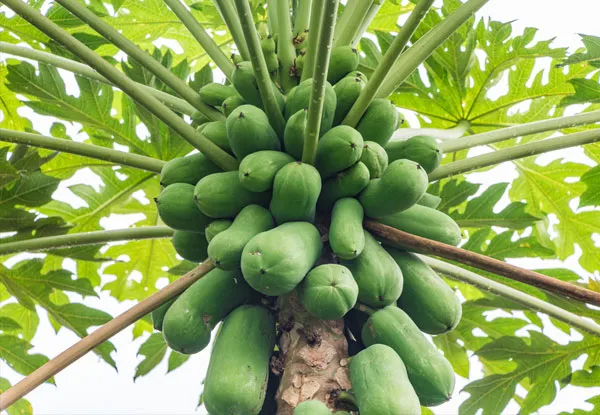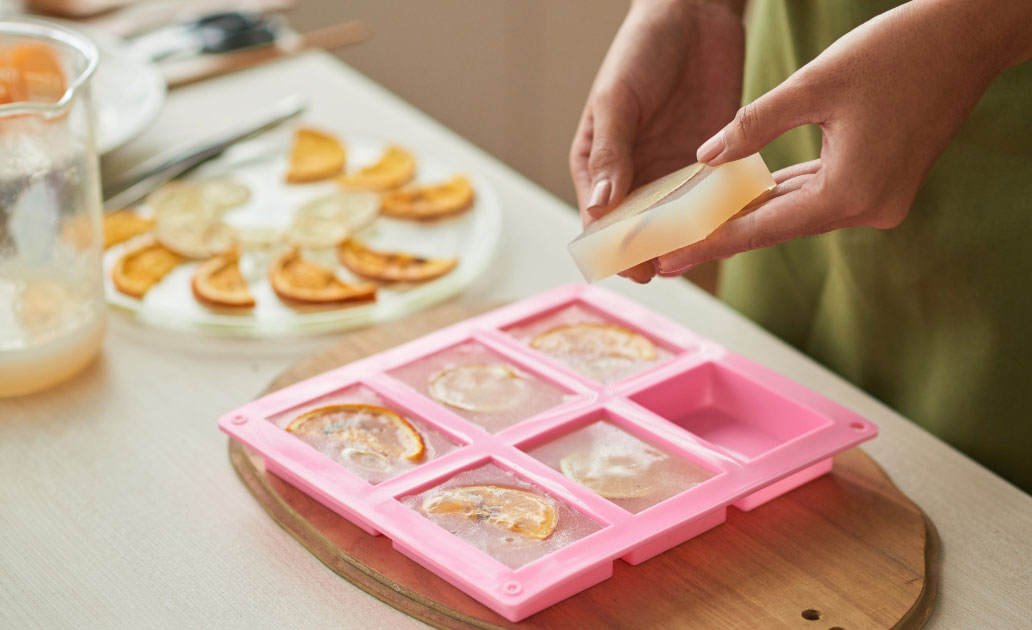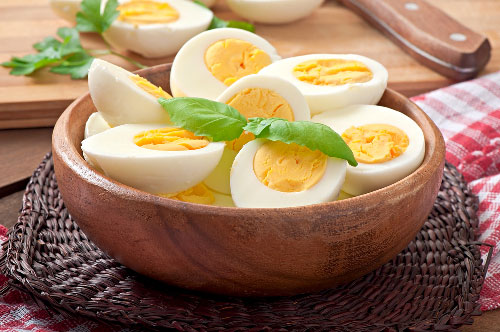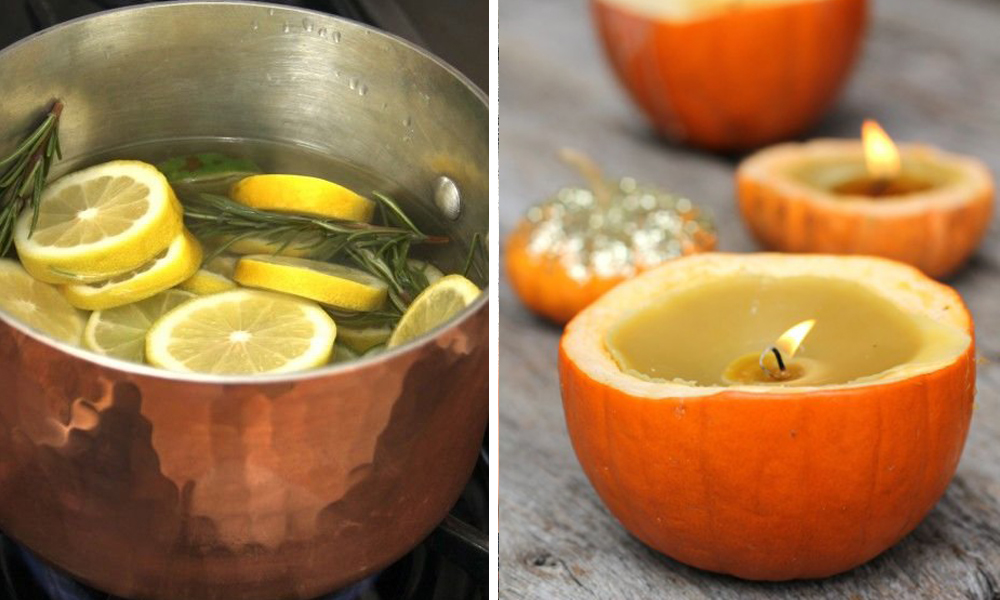Making your own shampoo and conditioner seems basic enough until you actually start looking into it. Hair needs to retain a proper pH balance to stay healthy and not get oily or dry and brittle. When creating a homemade shampoo, there can be a fine line between what works for you and what doesn’t.
For a while, I gave the “no-poo” method a try. If you haven’t heard of it, that’s where you don’t shampoo your hair at all and just wash with water. I gave it a good try but ultimately I just ended up with oily, limp hair. It was not a pretty sight!

The best way to get the perfect homemade shampoo is to experiment with different amounts of ingredients and various washing styles to see what will work for your hair. Below you will find basic recipes for homemade shampoo and conditioner, which work on my average, somewhat fine hair. Experiment with the amounts of ingredients in this shampoo and the various types of herbs to create a shampoo that is perfect for your hair type. Make sure to test on dyed hair before using.
Unlike many homemade shampoos, this can be stored right in the shower instead of keeping it in the fridge (unless it’s herbally infused).
Shampoo
WHAT YOU NEED
- ¹/2 cup castile soap
- ¹/2 teaspoon vitamin E oil
- ¹/2 cup filtered water
- 1 teaspoon coconut oil (optional)
- 1 teaspoon aloe vera gel (optional)
- Tea tree essential oil, grapefruit essential oil, dried herbs (optional)
In a small bowl, mix together the castile soap, the vitamin E oil, and the water. If your hair tends to be on the drier side, you may also want to add a teaspoon of coconut oil (melted) or aloe vera gel. Add essential oils for scent or leave them out for a fragrance-free shampoo. You can also get presented Castile oils (peppermint, citrus, etc.) if you want to scent but don’t want to use essential oils. If you really want a natural herb-infused shampoo,
Herbal Infusion
Add a pinch or two of fresh or dried herbs of your choice to ³/4 cup of filtered water and let the mixture steep in a saucepan over low heat for about 30 minutes.
Remove from heat and strain the herbs out of the water. Use the mixture in place of the water in the shampoo recipe above. If you’ve chosen to add a herbal infusion to your shampoo, make sure to store it in the fridge between uses, as the herbs tend to make the shampoo go bad more quickly.
Some herbs to use are chamomile (great for light hair), rosemary (great for brown hair), and hibiscus (great for red hair). Other herbs to try in an infusion are mint, sage, lavender, and basil. Peppermint is a very useful herb to help with oily or dandruff prone hair.







Leave a Comment